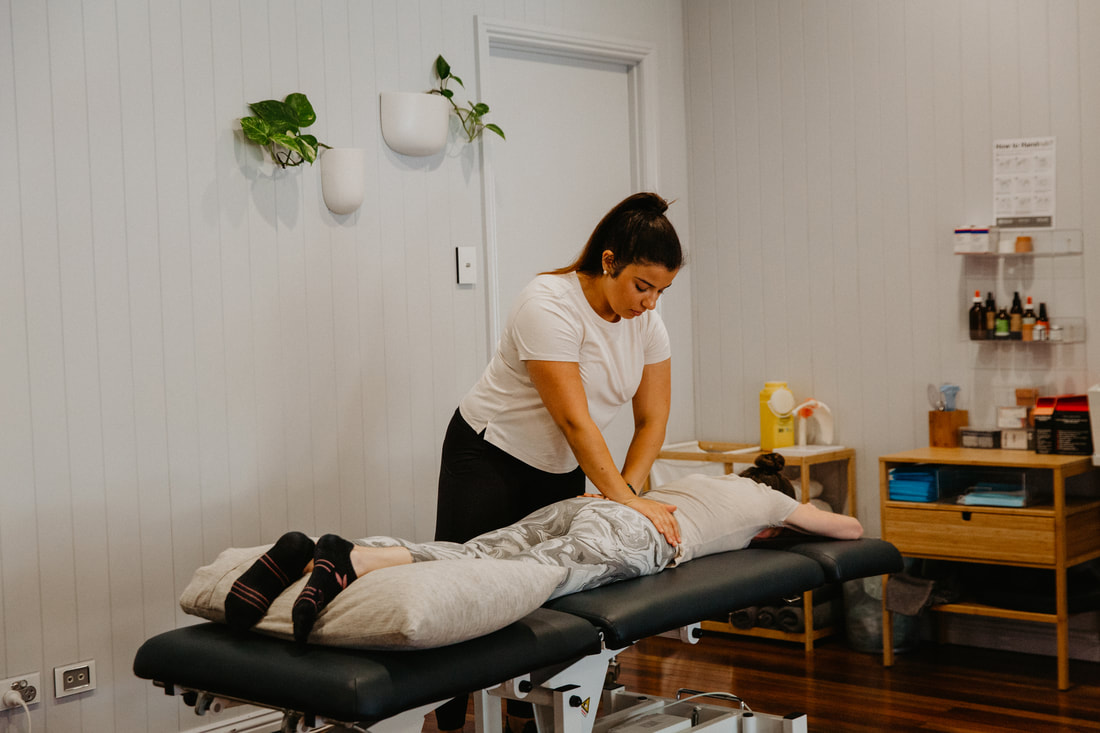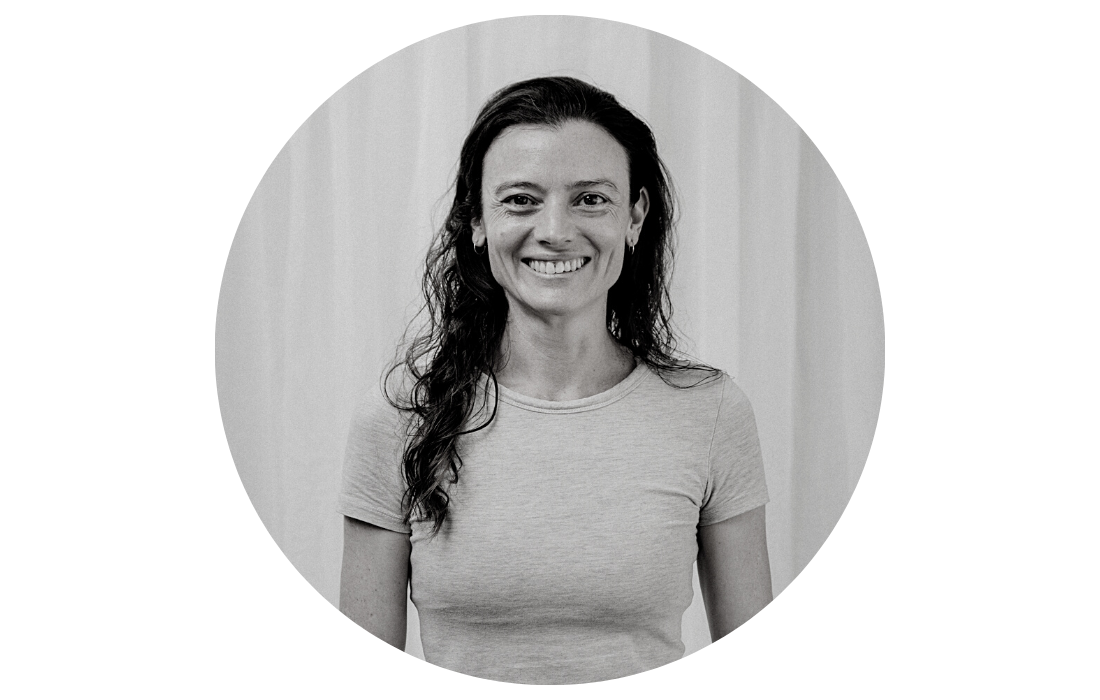Sports injury physiotherapy for golfers.
Introduction to Golf and the Role of a Specialized Physiotherapist
Golf is a sport that combines skill, strategy, and physical prowess. It involves repetitive swinging motions, extensive walking, and often long hours of play. This sport demands good coordination, balance, and flexibility, and it places specific stresses on the body:
The Importance of a Physiotherapist Specialized in Golf:
What Are Common Injuries Among Golfers?
Golf, a sport involving repetitive swinging motions, often leads to various types of injuries:
How Can Golfers Prevent These Injuries?
Prevention strategies are essential for golfers:
What Physiotherapy Treatments Are Effective for Golf Injuries?
Physiotherapy plays a significant role in treating golf-related injuries:
When Should a Golfer Consult a Physiotherapist?
Seeking professional advice is recommended in certain scenarios:
How Can Physiotherapy Help in Long-Term Injury Prevention for Golfers?
Long-term injury prevention is key:
What Recovery Strategies Should Golfers Employ?
Effective recovery strategies are crucial:
If you have been injured during golf, there are many things that our Tarragindi physiotherapists can do to help get you back to being sport ready and active again so come in and speak to our friendly physiotherapists today! Feel free to give our Tarragindi Physiotherapy clinic a call on 07 3706 3407 or email [email protected]
Golf is a sport that combines skill, strategy, and physical prowess. It involves repetitive swinging motions, extensive walking, and often long hours of play. This sport demands good coordination, balance, and flexibility, and it places specific stresses on the body:
- Swing Mechanics: The golf swing is a complex, coordinated movement that puts stress on the back, shoulders, elbows, wrists, and knees.
- Endurance: Golfers often play for several hours, requiring both physical and mental endurance.
- Precision and Skill: Accurate and consistent ball striking requires fine motor skills and a high degree of muscle control.
The Importance of a Physiotherapist Specialized in Golf:
- Injury Prevention and Management: A physiotherapist with knowledge of golf can provide targeted strategies for preventing and treating golf-related injuries.
- Swing Analysis and Technique Correction: Understanding the biomechanics of the golf swing is crucial for identifying and correcting swing faults that can lead to injury.
- Performance Enhancement: Specialized physiotherapists can assist golfers in optimizing their physical capabilities to improve their overall game.
What Are Common Injuries Among Golfers?
Golf, a sport involving repetitive swinging motions, often leads to various types of injuries:
- Lower Back Pain: Due to the rotational stress of the swing and often prolonged bending.
- Golfer’s Elbow (Medial Epicondylitis): Caused by overuse of the muscles in the forearm.
- Shoulder Injuries: Including rotator cuff tendinitis from repetitive arm movement.
- Wrist Injuries: Resulting from the impact of the club striking the ground or the ball.
- Knee Pain: Stress on the knees during the swing, especially in players with pre-existing conditions.
How Can Golfers Prevent These Injuries?
Prevention strategies are essential for golfers:
- Proper Warm-Up: Including dynamic stretching to prepare muscles and joints.
- Golf-Specific Strength and Flexibility Training: To support the demands of the golf swing.
- Correct Swing Technique: Learning and practicing an efficient swing to reduce strain.
- Regular Rest: Allowing adequate recovery time between rounds or practice sessions.
- Using Appropriate Equipment: Ensuring clubs are the correct length and weight.
What Physiotherapy Treatments Are Effective for Golf Injuries?
Physiotherapy plays a significant role in treating golf-related injuries:
- Manual Therapy: Such as massage and joint mobilizations to alleviate pain and improve mobility.
- Exercise Prescription: Tailored exercises to strengthen and stretch affected areas.
- Swing Analysis: To identify and correct biomechanical flaws in the swing.
- Ultrasound or Electrotherapy: For deep tissue injuries or to promote healing.
- Education on Injury Prevention: Strategies to minimize the risk of recurring injuries.
When Should a Golfer Consult a Physiotherapist?
Seeking professional advice is recommended in certain scenarios:
- Persistent Pain or Discomfort: Especially if it affects playing performance.
- Post-Injury: To ensure a proper recovery and prevent recurrence.
- For Swing Optimization: To enhance technique and reduce the risk of injury.
- Preventive Measures: Learning strategies to minimize the risk of future injuries.
How Can Physiotherapy Help in Long-Term Injury Prevention for Golfers?
Long-term injury prevention is key:
- Personalized Exercise Programs: Focusing on the golfer’s specific needs, considering strength, flexibility, and endurance.
- Regular Assessments: To monitor progress and prevent potential injuries.
- Technique Improvement: Ongoing work on swing mechanics.
- Lifestyle and Nutritional Advice: Supporting overall health and performance.
What Recovery Strategies Should Golfers Employ?
Effective recovery strategies are crucial:
- Post-Round Cool Down: Gentle stretching and exercises to facilitate recovery.
- Adequate Hydration and Nutrition: Important for muscle repair and energy levels.
- Rest and Sleep: Essential for overall well-being and performance.
- Mental Relaxation Techniques: To manage stress and maintain focus.
If you have been injured during golf, there are many things that our Tarragindi physiotherapists can do to help get you back to being sport ready and active again so come in and speak to our friendly physiotherapists today! Feel free to give our Tarragindi Physiotherapy clinic a call on 07 3706 3407 or email [email protected]
Who to book in with:
Yulia Khasyanova
|
Monica Hanna
|
Emma Cameron
|



